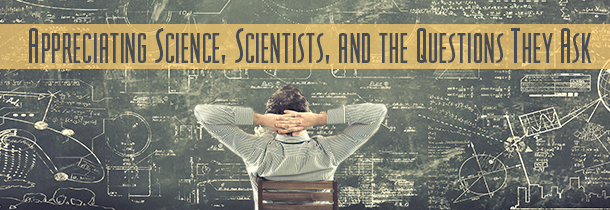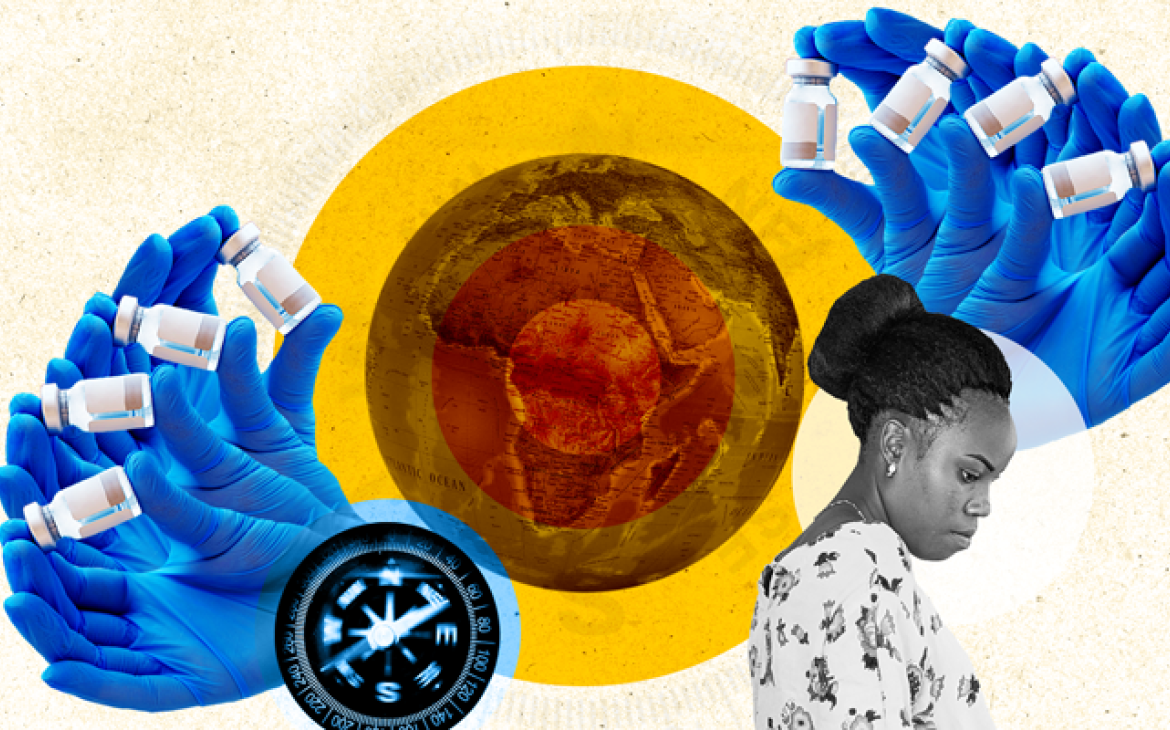
By Ronald T. Piervincenzi, Ph.D., Chief Executive Officer, and Jaap Venema, Ph.D., Chief Science Officer of USP, a scientific nonprofit organization that sets standards for the identity, strength, quality, and purity of medicines, food ingredients, and dietary supplements manufactured, distributed and consumed worldwide. USP’s standards are used in more than 140 countries.
Science has fueled nearly every aspect of the world today, including healthcare, agriculture, transportation, entertainment, workplace and industry productivity, and more – quite simply every facet of our lives. Many throughout the world are grateful for these scientific advances.
Understanding how science works, however, is a key element to fully appreciate it. Neil deGrasse Tyson, the popular astrophysicist, cosmologist and author, noted that, “Science literacy is the artery through which the solutions of tomorrow’s problems flow.” This quote does more than simply acknowledge the advances that science achieves for the world. Tyson takes it one step further, pointing to the critical role that scientific literacy plays in fostering these advances. Because understanding the role of science, as well as recognizing science done well, is as important as appreciating the many benefits it has brought forward. Because understanding the importance of supporting scientific research – at all levels, from the very basic to translating research into innovations that can treat diseases like cancer and Ebola – is the key to solving the problems of our times and the future. Because science can help us fully unlock the potential of personalized medicine, nanotechnology, and other cutting edge medical advancements to save lives around the world.
As the Chief Executive and Chief Science Officers, respectively, of a scientific organization, we are struck by how often we hear the adjective “scientific.” It’s prominently and frequently used on our organization’s website and written materials, as well as when we communicate with our governmental partners, stakeholders, and healthcare industry scientists. It’s used so often, including in our daily conversations, that it can become, perhaps, too familiar.
And so, today, we stop to explore the word “scientific.” To appreciate it. To acknowledge what it means to us – to the U.S. Pharmacopeia, the non-profit scientific organization we lead – and to the broader world.
More and more scientists today are voicing concerns about how the lack of scientific literacy among some policymakers is threatening to derail these important advances, some of which we are at the cusp of achieving today. We share these concerns. But we are also heartened that there are many policymakers who do, indeed, appreciate the uncountable ways that science contributes to helping make people healthier, safer, and more productive.
Open discussion is as essential to the process of governing as it is to scientific advancement. Science is driven forward by asking questions and by being challenged regardless of age, hierarchy or experience. It is the relentless “why, how, and what if” that drive scientists in their work. And it’s these questions – as much as the answers – that are as responsible for the scientific advancements that benefit the world. Scientific literacy allows policymakers to best develop solutions to the world’s most profound problems – and then integrate those solutions into actions that are critical both to protecting and advancing society.
As we reflect on the value that science brings to the world, we also want to acknowledge our 500+ scientist colleagues at USP in the U.S. and around the world, as well as the hundreds of scientists who volunteer their considerable expertise as part of USP’s independent scientific expert bodies to help ensure the science done here can best serve our mission to improve public health. Our scientists make tremendous contributions every day, helping make sure the medicines we take and the foods we eat meet standards for quality.
USP’s scientists have been helping safeguard the medicine supply for almost 200 years. We feel immensely honored to be a part of these efforts. We are deeply grateful to our scientific staff for dedicating themselves to this important work. And we are equally grateful to the hundreds of scientists from so many disciplines and regions of the U.S. and the world, who give so freely of their expertise to serve USP’s mission to improve global health through public quality standards for medicines, dietary supplements, and foods.
Ronald T. Piervincenzi, Ph.D., is the Chief Executive Officer, and Jaap Venema, Ph.D., the Chief Science Officer of USP, a scientific nonprofit organization that sets standards for the identity, strength, quality, and purity of medicines, food ingredients, and dietary supplements manufactured, distributed and consumed worldwide. USP’s standards are used in more than 140 countries.


